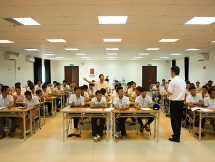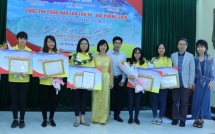Workshop seeks to support women, children in Vietnamese-Korean marriage breakups
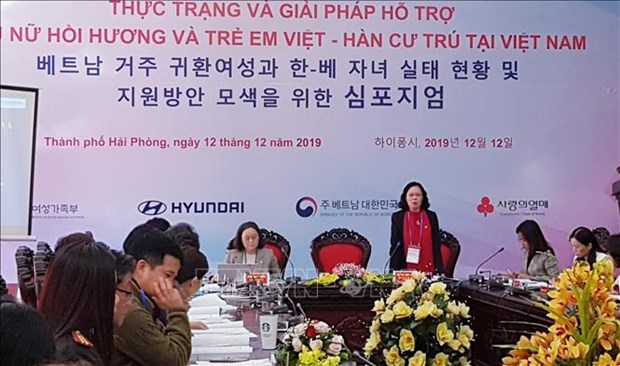 |
At the event (Photo: VNA)
International marriages accounted for 9.2 percent of total marriages of 258,000 in the RoK in 2018, up 0.9 percent against the previous year, according to Statistics Korea.
Out of the total, couples made up of a Korean man and a foreign woman accounted for 67 percent last year, followed by foreign male-Korean female pairs with 19.6 percent and couples from naturalised Koreans with 14.6 percent.
Vietnamese brides took the lion’s share of all international marriages at 30 percent in 2018. Chinese wives came in second with 21.6 percent, followed by Thai at 6.6 percent.
In comparison, Chinese men accounted for 9.4 percent of foreign males who got married with Korean women, followed by Americans at 6.2 percent and Vietnamese at 2.5 percent.
Participants looked at the legal and psychological difficulties faced by women in broken Vietnam – Korea multi-cultural families and Vietnamese–Korean children living in Hai Phong and other provinces.
Vice Chairwoman of the Vietnam Women’s Union provincial chapter Vu Thi Kim Lien said Hai Phong handled over 6,000 applications for marriages with foreign partners from 2015 to 2019, more than 3,000 of which were between Vietnamese and Korean citizens.
Some marriages ended with a porce, with many Vietnamese women returning home. A number of them have not officially porced.
Many Vietnamese children born in the Republic of Korea (RoK) do not have personal papers when they return home, which are obstacles for them to get citizenship, birth registration, schooling and social insurance.
Prof. Kim Hyun-mee from the Department of Cultural Anthropology at the RoK’s Yonsei University said a 2017 survey in the RoK counted over 92,400 marriages between Vietnamese and Korean people. The rate of porce in those marriages was about one fifth. He said many Vietnamese women in those broken marriages returned to the home country without completing porce process, and some took along their children, resulting in legal issues for both them and their children.
Han Seung-mi at the Graduate School of International Studies under Yeonsei University said the Vietnam – Korea Centre and the Korea Centre for United Nations Human Rights Policy (KOCUN) could offer advice to repatriated women about the legal procedures necessary to file for a porce in the RoK.
Phung Cong Vinh, former chief of the administrative and judicial office under the Hai Phong municipal Justice Department, suggested establishing a centre to support Vietnamese women who marry foreigners, and issue legal regulations for its operation.
Recommended
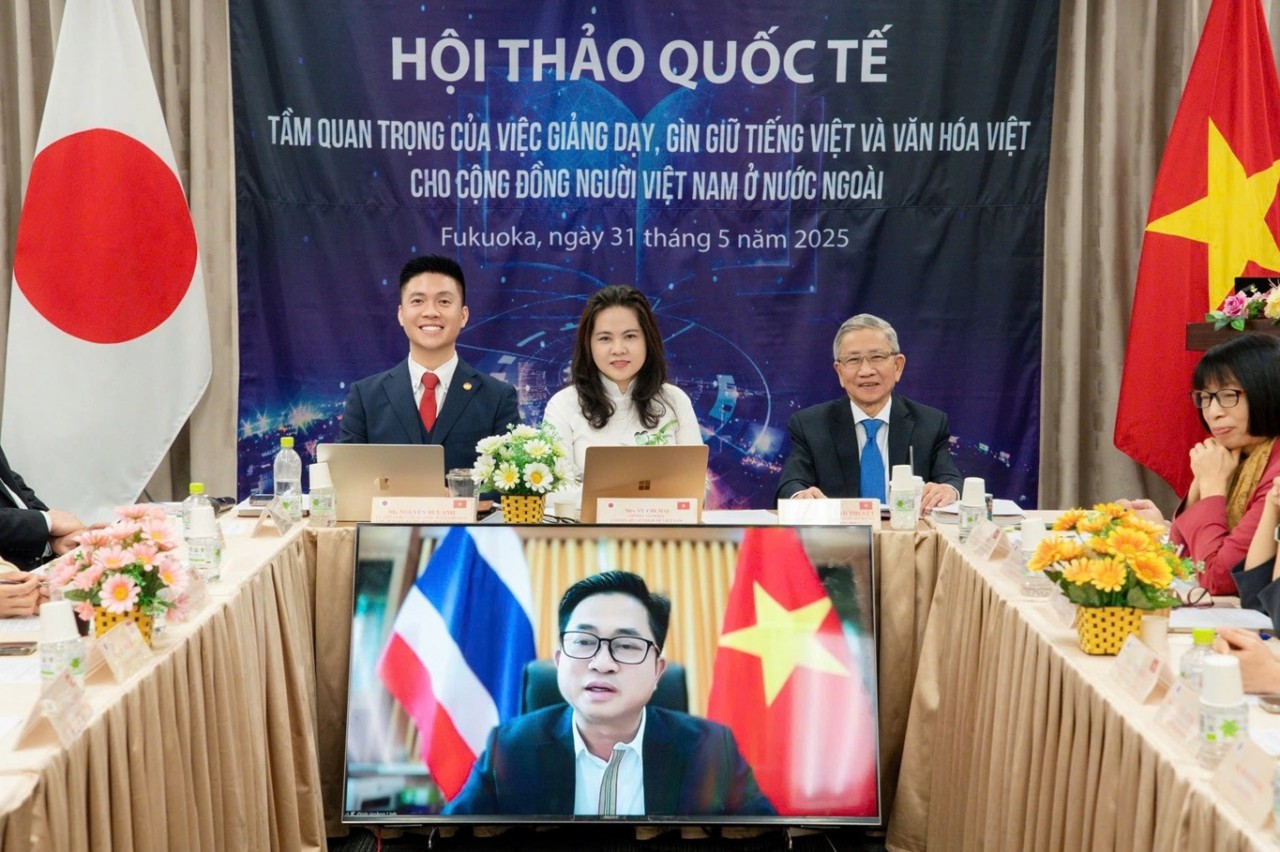 Overseas Vietnamese
Overseas Vietnamese
Contribute to Form a "Global Vietnamese Ecosystem"
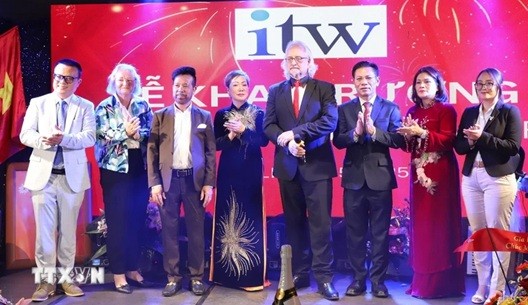 Overseas Vietnamese
Overseas Vietnamese
Language and Vocational School for Vietnamese launched in Germany
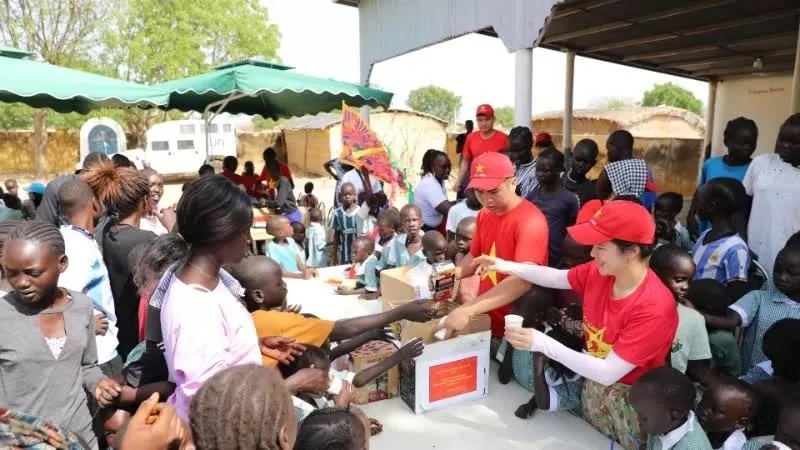 Overseas Vietnamese
Overseas Vietnamese
A Heart-warming International Children's Day in Abyei
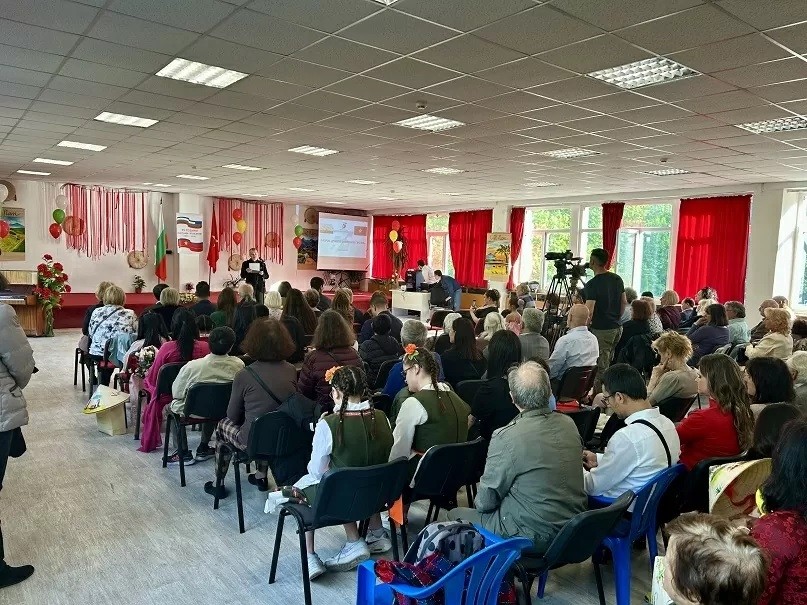 Overseas Vietnamese
Overseas Vietnamese
Art Program Deepens Vietnam-Bulgaria Cultural Exchange and Friendship
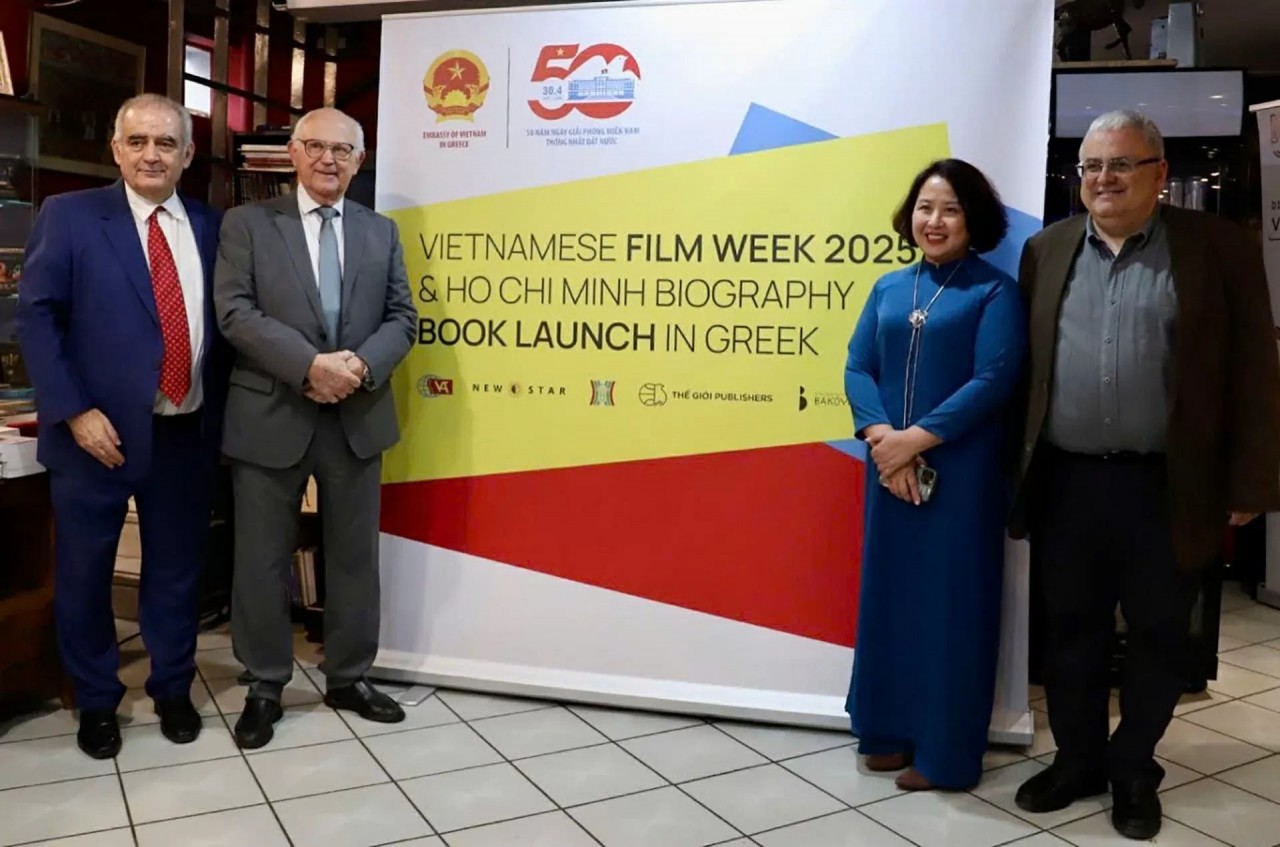 Overseas Vietnamese
Overseas Vietnamese
First Vietnamese Film Week Opens in Greece
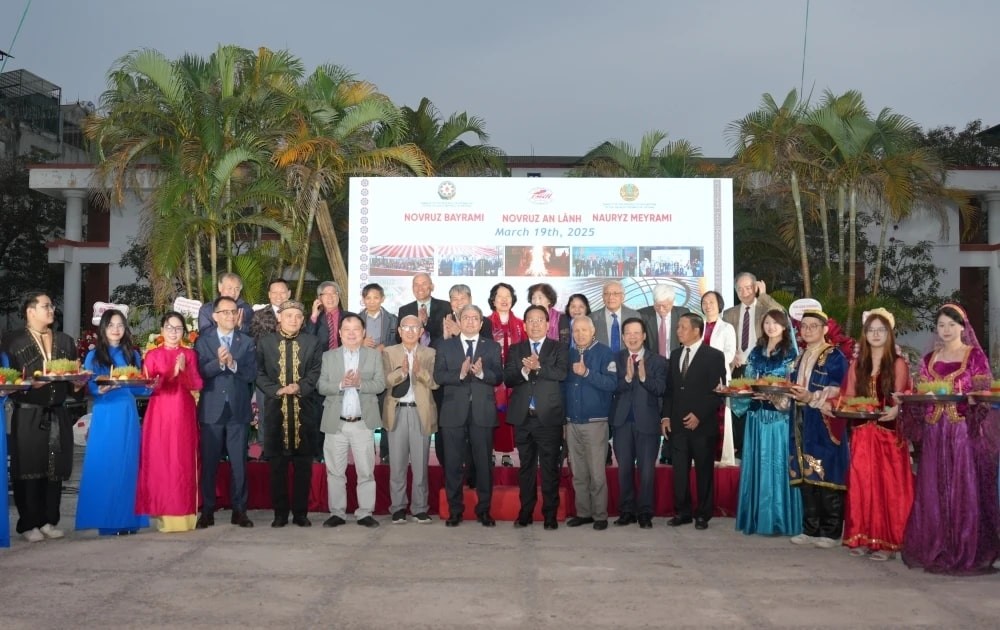 Overseas Vietnamese
Overseas Vietnamese
Strong Bonds Between Vietnam And Belarus, Azerbaijan, and Kazakhstan
 Overseas Vietnamese
Overseas Vietnamese
Vietnam Festival in Tokyo To Be Held for 18th Time
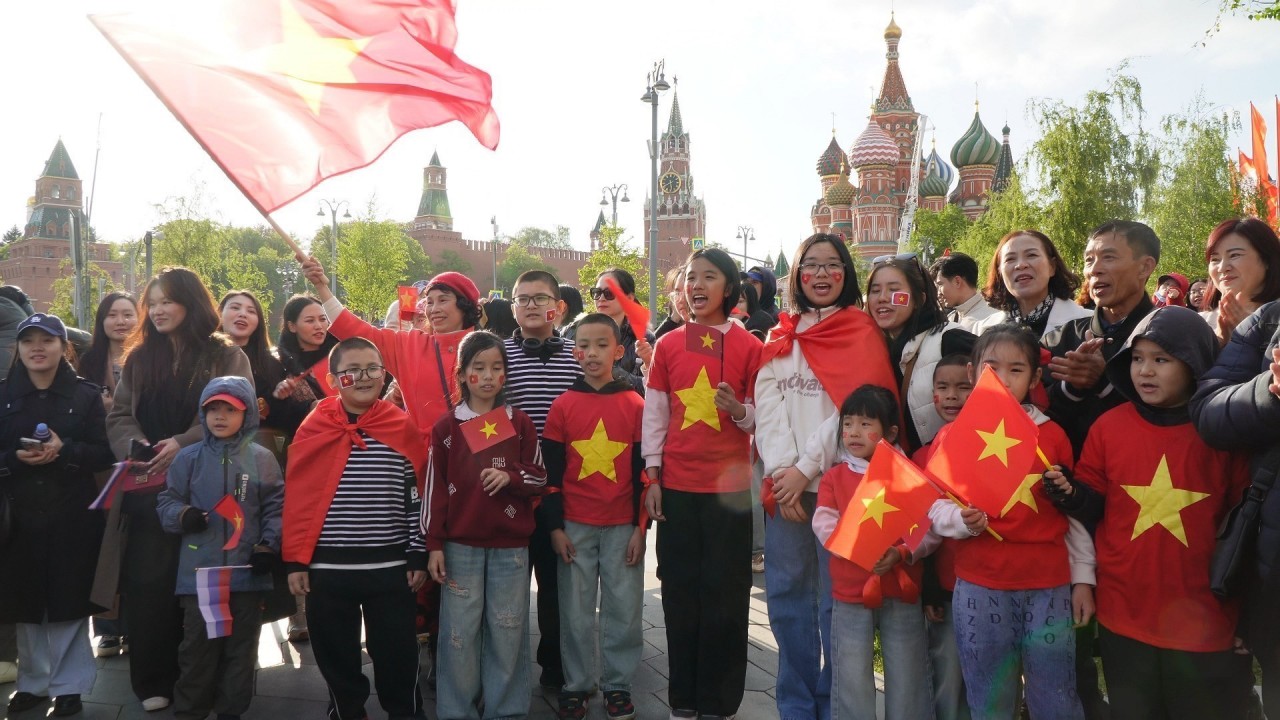 Focus
Focus

